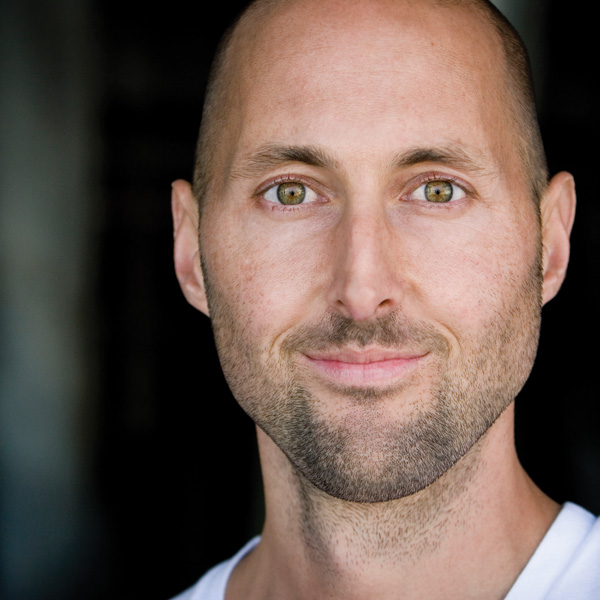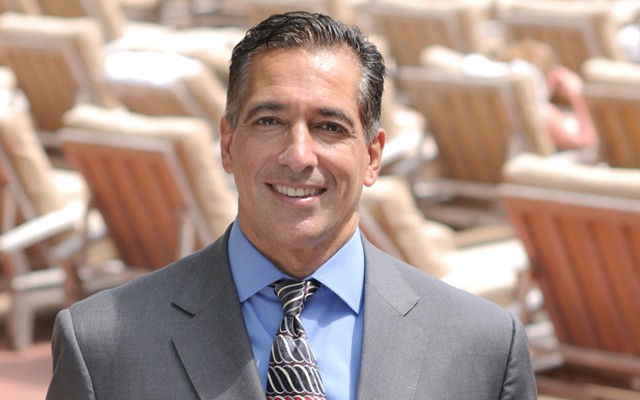What style of jeans do you prefer? Skinny leg, relaxed fit, boot cut, low-riders? Should you buy green tea with lemon or ginger — or pomegranate or mango? You’ve got 600 cable channels. Which one should you watch tonight?
Barry Schwartz believes that having a lot of options isn’t always a good thing. A professor of social theory and social action at Swarthmore College, he argues that instead of producing feelings of abundance, too much choice overwhelms our already-exhausted brains.
An abundance of choice, writes Schwartz in his book The Paradox of Choice: Why More Is Less — How the Culture of Abundance Robs Us of Satisfaction, forces us to “invest time, energy, and no small amount of self-doubt, and dread” into each decision, leaving us feeling more constrained than liberated.
“Clinging tenaciously to all the choices available to us,” writes Schwartz, “contributes to bad decisions, to anxiety, stress and dissatisfaction — even to clinical depression.”
Maximizers Vs. Satisficers
There are two types of decision makers, says Schwartz: maximizers and satisficers. The difference between the two is their goal when making a choice.
“If you seek and accept only the best, you are a maximizer,” writes Schwartz. “Maximizers need to be assured that every purchase or decision was the best that could be made.” Satisficers, on the other hand, will choose “something that is good enough and not worry about the possibility that there might be something better.”
The key to experiencing more satisfaction and abundance, according to Schwartz, is to be a satisficer.
“How can anyone truly know that any given option is absolutely the best possible?” ponders Schwartz. “As a decision strategy, maximizing creates a daunting task, which becomes all the more daunting as the number of options increases.”
The goal of maximizing, he asserts, “can make people miserable — especially in a world that insists on providing an overwhelming number of choices, both trivial and not so trivial.”
Being a satisficer doesn’t mean you have to sacrifice your standards, however. A satisficer maintains rigorous decision-making criteria, but she is aware that nothing can ever be perfect. “She searches until she finds an item that meets those standards, and at that point, she stops,” writes Schwartz. She is not resigned or settling, he emphasizes; she is “content with the merely excellent as opposed to the absolute best.”
Wise Choices
Do you tend to be a maximizer, always searching out the absolute best? Don’t fret, advises Schwartz. You probably also have areas where you are a satisficer.
“The truth is that maximizing and satisficing orientations tend to be ‘domain specific,’” writes Schwartz. “Nobody is a maximizer in every decision, and probably everybody is in some.” The good news here is that because you already know how to look for “good enough” in some areas, you can teach yourself to seek it out in many of the rest.
“Most of us have the capacity to be satisficers,” writes Schwartz. “The task, then, for someone who feels overwhelmed by choices, is to apply the satisficing strategy more often, letting go of the expectation that ‘the best’ is attainable.”
In areas where you feel compelled to seek out the absolute-best option, remind yourself that no option is ever perfect — and that, paradoxically, the good-enough choice will bring you more of the feelings of abundance you’re searching for in the first place.
Relief Strategies
Making good-enough choices takes practice and cultivation. In his book, Schwartz outlines several strategies for remaining sane in a world overflowing with choices. Here are three of the most essential.
(1) Choose when to choose. Part of the trouble, writes Schwartz, is the sheer number of choices we face every day. One way to manage this problem, he says, is to “decide which choices in our lives really matter and focus our time and energy there,” giving other, less-meaningful choices less of our precious and easily depleted attention.
To put this into practice, try the following: (a) Review some recent decisions you’ve made, both large and small (a clothing purchase, a vacation destination, a job or relationship change); (b) itemize the time, research and anxiety that went into those decisions; (c) reflect on how it felt to do that work; and (d) ask yourself how much your final decision benefited from that work.
“This exercise may help you better appreciate the costs associated with the decisions you make, which may lead you to give up some decisions altogether or at least to establish rules of thumb for yourself about how many options to consider, or how much time and energy to invest in choosing,” writes Schwartz. “For example, you could make it a rule to visit no more than two stores when shopping for clothing or to consider no more than two locations when planning a vacation.”
(2) Practice gratitude. Feeling happy and grateful about the good elements of a particular choice, as opposed to feeling disappointed by what is bad about it, can vastly improve our subjective experience, notes Schwartz.
But habits of thought die hard, so he advises adopting a simple routine: “Keep a notepad at your bedside. Every morning, when you wake up, or every night, when you go to bed, use the notepad to list five things that happened the day before that you’re grateful for. You will probably feel a little silly and even self-conscious when you start doing this. But if you keep it up, you will find that it gets easier and easier.”
Eventually “you may find yourself feeling better and better about your life as it is, and less and less driven to find the ‘new and improved’ products and activities that will enhance it.”
(3) Curtail social comparison. Attempting to keep up with the Joneses almost always results in maximizing. Some degree of social comparison is inevitable, but when we use social comparison as a gauge of self-worth, we run into trouble.
One top strategy for reducing social comparison, says Schwartz, is to focus on what makes you genuinely happy and what brings meaning to your life. When you keep in mind what really matters, maximizing — and striving to impress the neighbors — seems way less important.
Big Ideas
Discover more practical wisdom from thought leaders by exploring our Big Ideas department.





This Post Has 0 Comments